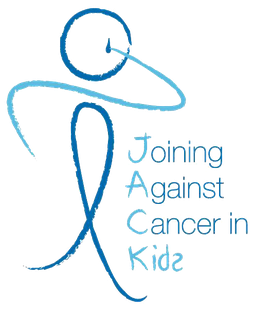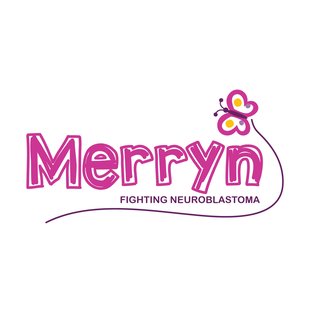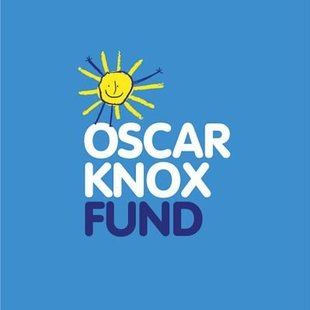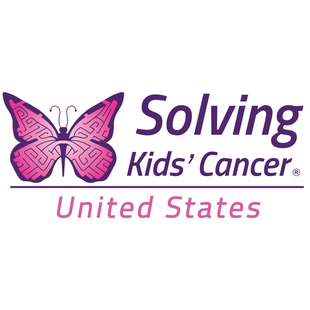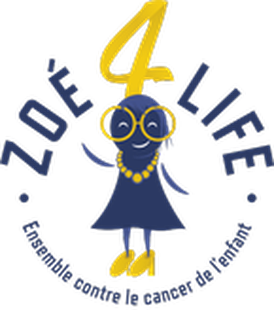Solving Indolent Neuroblastoma
| Study name | Solving Indolent Neuroblastoma |
| Study type | Preclinical |
| Principal investigator(s) | Prof John Maris |
| Institutions | Seattle Children’s Hospital, Texas Tech University Health Science Centre, Ichan School of Medicine at Mount Sinai, Children's Hospital of Philadelphia, The Institute of Cancer Research (ICR) |
| Partners | J-A-C-K (Joining Against Cancer in Kids), Merryn Lacy Trust, Oscar Knox Fund, Solving Kids’ Cancer US, Zoe4Life |
| Total awarded | £500,000 |
| Solving Kids’ Cancer UK contribution | £100,000 |
Overview
Refractory (indolent) neuroblastoma is resistant to traditional treatments, primarily chemotherapy. There are currently very limited options for children who are newly diagnosed with high-risk neuroblastoma that turns out to be refractory. Most commonly they are put through the standard treatment pathway regardless of its efficacy, often resulting in needless exposure to harsh and toxic therapies that may have long-lasting side effects. A key challenge in this is identifying that a child’s disease is refractory without putting them through rounds of treatment.
There are three specific aims in this project which hopes to improve the diagnosis and treatment of newly diagnosed refractory neuroblastoma:
- Develop a sensitive tool to detect biomarkers for refractory neuroblastoma with hopes to use is at diagnosis
- Create robust laboratory models for refractory neuroblastoma to support future research
- Test the effectiveness of small molecule therapies in combinations with existing immunotherapy against this sub type of disease
The team will conduct this study with a conscious effort to develop a clinical trial.
Impact
If successful, this study could provide a clinical tool which would allow doctors to identify those who have refractory disease at diagnosis. This together with better treatments for this subgroup would ultimately avoid the need to put children through needless treatments that are incredibly harsh and toxic.
"This grant will allow us to make progress in diagnosing and treating so-called indolent neuroblastoma, which is currently fatal in most patients. If we can identify signatures that allow us to diagnose this form of neuroblastoma in patients early, we can avoid unnecessary chemotherapy, which is not effective in these patients, and instead work toward targeted treatments that could ultimately improve patient outcomes."
Prof John Maris, Children's Hospital of Philadelphia

